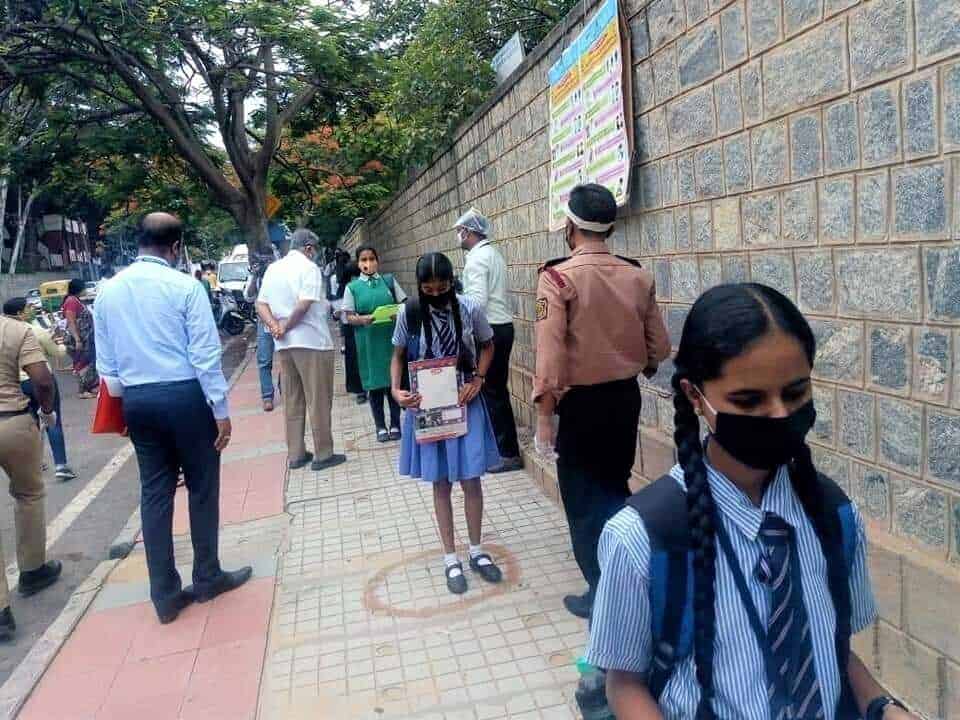Academic years 2019-20 and 2020-21 were indeed tough on children, parents and for over 50 school boards, for whom COVID posed a serious dilemma — to hold or not to hold exams. Finally, the Prime Minister had to chair a meeting to arrive at a consensus saying ‘No’ to holding class 12 examinations under the CBSE.
Then a new search began: how to declare Class 12 CBSE results in that case? The only way was to depend on Class 10 board exam results, performance through Class 11 and internal assessments conducted by the schools, including the pre-board exams. But this is purely a make-shift arrangement, as there is no better and more objective examination criterion in sight.
But this cannot be a regular alternative. Its inadequacy in being anywhere near a fair and complete objective assessment is clear. Everyone acknowledges that children are not as serious about internal tests as with board exams.
It is obvious that most students will not be satisfied when they receive their final mark sheets. CBSE, the most prestigious, credible and sought-after school board, has learnt from experience gained during the pandemic and has announced a detailed policy for evaluation and examinations for the current academic year.
Read more: When school board exam cancellations would cease to matter
In essence, this is based on ‘trust the teacher and the school’. There would be two board exams during the academic year 2021-22 with CBSE setting the question papers. The first exam shall mostly be objective type questions with results available the same day, while the second one would test other skills through short and long answer seeking questions.
This methodology is indeed debatable, and one expects it will lead to serious academic deliberations and possible reforms in the years ahead.
Competencies-based assessment
The NEP-2020 clearly accepts that the present assessment system is “summative and primarily tests rote memorisation skills”. The CBSE has tried to incorporate the spirit of several NEP recommendations, as these are professionally sound and academically acceptable.
Similar recommendations have been part of the academic discourse and narrative in the past too. These have now been re-articulated in the present day idiom — moving towards an evaluation and assessment system that is regular, formative, more competencies based and tests higher critical thinking and conceptual clarity.

There is inherent acceptance of one basic principle of assessing the level of learning: the one who guides (teaches) is best suited to evaluate the fruits of his/her efforts. The CBSE scheme of two board exams clearly attempts to incorporate the essence of the statement in the NEP-2020: “focus on regular formative assessment for learning rather than the summative assessment that encourages today’s ‘coaching culture’.”
The National Commission on Education (1964-66), popularly known as Kothari Commission, had pleaded for serious reforms in examination systems. That little of it was implemented stands confirmed in the present education policy. While schools, children and parents would have their own observations on having two board exams in a year, focus must shift on how it would be implemented effectively in schools. Especially given the huge uncertainties created by the pandemic.
Resistance to change
Personal experience shows that education systems resist change, while educationists vigorously plead for active and alert dynamism in education policies and implementation strategies. To move in the right direction, effective coordination among school boards, organisations conducting entrance exams to professional courses and the NCERT is a pre-requisite.
The NCERT is responsible for curriculum formulation, syllabus development and preparation of textual materials. It is accepted — with some local variations — by every state board and the CBSE. If all these organizations could coordinate, be clear and confident about the curricula and exam pattern, seek the support of entrance test conducting bodies, a coaching culture could become unnecessary in the eyes of parents. This coaching culture has developed as a formidable barrier in national efforts for inclusive education and equality of opportunity of access and success.
Read more: Back to school: Are we ready to go the same way as global schools are going?
The intrusion of coaching centres for competitive exams has caused immeasurable hardships to young children. It works with the Nakal (copying) mafia. Recall the Vyapam scandal of Madhya Pradesh, and why it remains unsolved?
Examination systems require urgent systemic transformation in moving towards enhanced quality in school education systems. Teacher education institutions require a massive transformation and should take the lead by changing their own evaluation pattern.
Institutions like the NCERT and NIEPA could begin orienting the heads of school boards on reforms in evaluation and assessment of both teachers and students. It must make serious effort to bring the education ministers for a two-day workshop.
India today needs professionally sound leaders at every stage. And education should get priority, as it impacts every area of human activity. It needs academic leadership, which is very distinct from bureaucratic or political leadership.